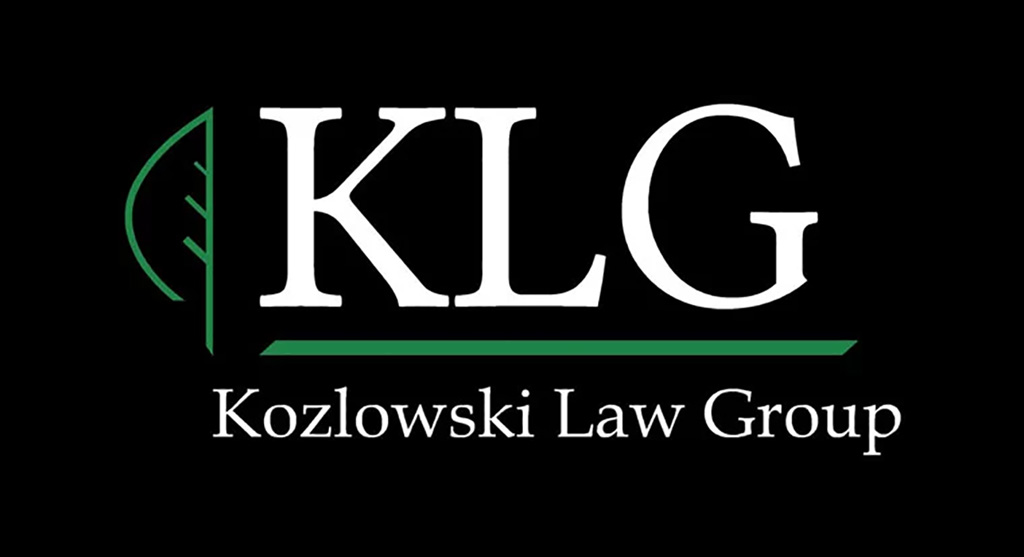Probate is the legal process through which a deceased individual’s heirs receive his or her assets. It also ensures that the deceased individual’s outstanding debts and taxes are paid off using funds from his or her estate. In short, it is the court process used to oversee the “tying up” of any issues that need to be resolved after an individual’s death. The probate process is lengthy and very court-process intense. At KLG, we are ready to assist you with organizing this process including: handling all court appearances, probate filings, public notices, assigning an “Executor” (successor trustee) and also litigating any claims against the estate from creditors or family members.
Not every estate goes through the probate process after someone dies. Certain assets are not subject to division through probate and in certain scenarios, it is not necessary. Additionally, decedents who established a comprehensive estate plan with a living trust and/or will while they were alive, may allow their heirs to avoid probate altogether.
If you have recently lost a loved one and don’t know what to do next, tell us your story by contacting our office to set up a free consultation.
Not necessarily. It will truly depend on the type of and value of property you owned at the time of your death. For example, if, at the time of your death, you do not own any real estate and the total value of your property is less than $50,000, your heirs may be able to avoid a formal probate process and transfer your property by affidavit. Also, if you had prepared and funded a Living Trust prior to your death, you would not likely have go through probate.
A typical estate can be administered within a year. This process involves all of the required notices, payment of creditors, necessary court filings, filing of state and federal estate tax returns and distributions of assets.
The court costs are calculated based on the value of the estate. The larger the assets, the larger the estate. The court costs do not consider the debts of the deceased. The attorney is paid from the estate assets and Iowa law allows up to 2% of the estate for payment. The executor may receive up to 2% of the estate for his or her administration of the estate.
That is incorrect. The authority granted in a power of attorney ceases upon the death. The same situation would apply to a guardianship and conservatorship.

